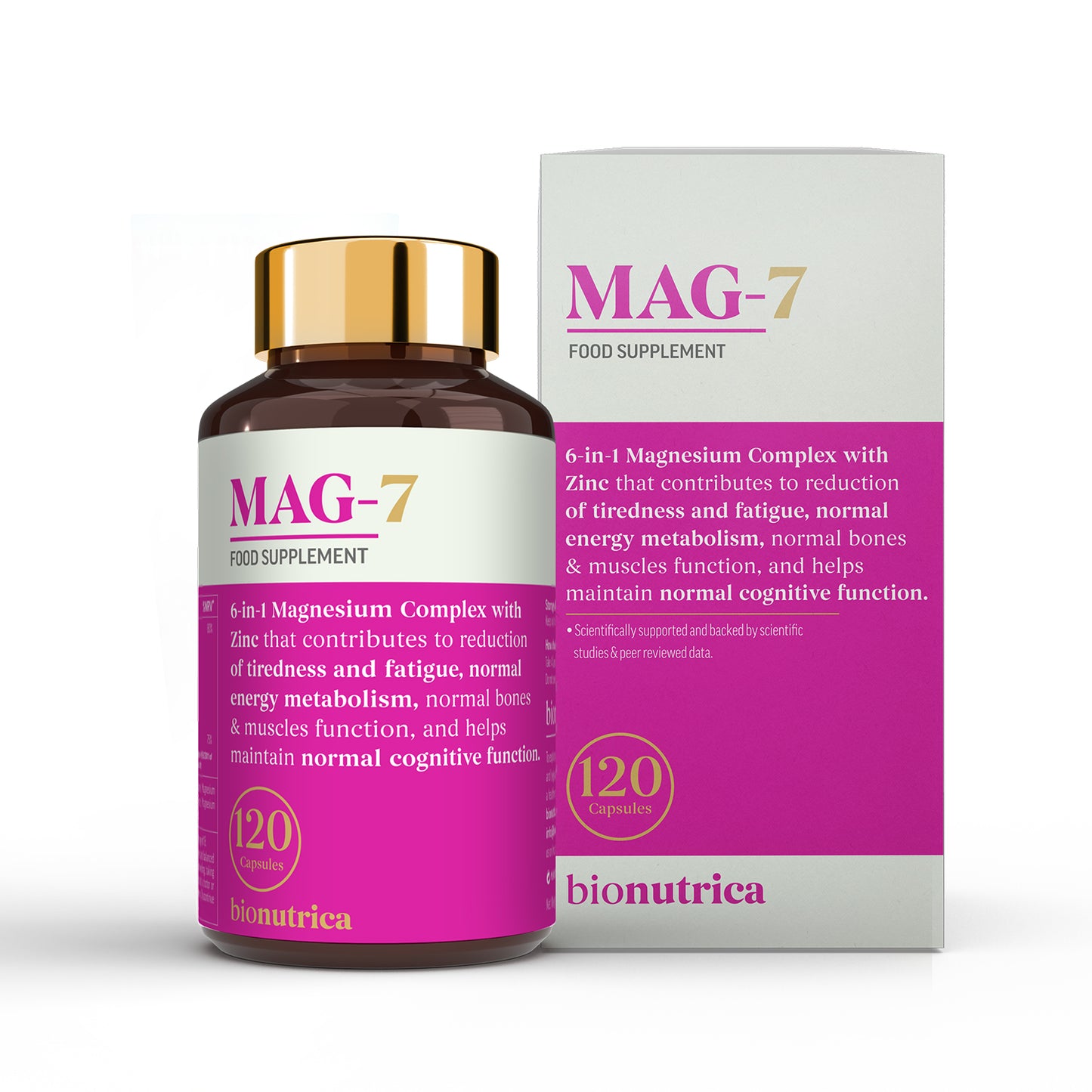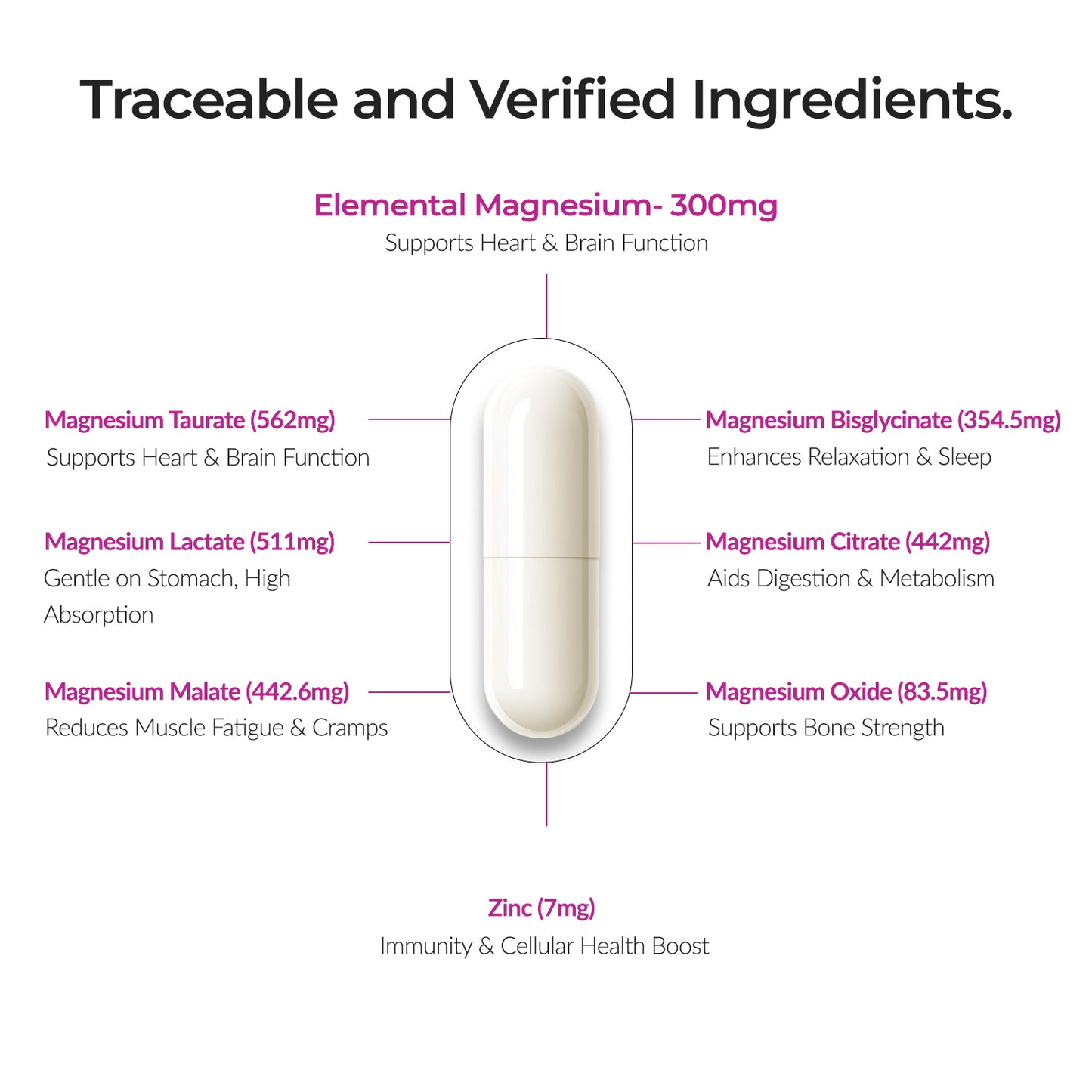Turmeric Side Effects NHS Guide
Turmeric is widely celebrated for its anti-inflammatory and antioxidant benefits, particularly due to its active compound, curcumin. From easing joint pain to boosting immunity, this golden spice is often hailed as a natural remedy.
However, while turmeric has many health benefits, it's important to understand the turmeric side effects NHS highlights for safe usage. This guide by Bionutrica will help you explore the causes of turmeric side effects, dosage recommendations, and who should avoid turmeric, based on trusted NHS insights.
What Are the Causes of Turmeric Side Effects?
The causes of turmeric side effects can vary depending on individual health conditions, dosage, and interactions with other medications. While turmeric is generally safe when used in cooking, higher doses found in supplements may cause unwanted effects in some individuals.

Turmeric Side Effects NHS Notes
According to the turmeric side effects NHS guidelines, most people can safely consume turmeric in food. However, caution is advised with high-dose turmeric supplements.
The NHS suggests that although turmeric is natural, it does not mean it is entirely free from risks—especially when taken long-term or in concentrated amounts.
- Potential upset stomach, nausea, or bloating
- Possible allergic reactions in sensitive individuals
- Concerns for those on medication for blood pressure or diabetes
NHS Turmeric Warning: Who Should Be Cautious?
The NHS turmeric warning is particularly directed at people with the following conditions or those on certain medications:
- Blood thinning medication: Combining turmeric with anticoagulants can increase bleeding risk. See section on turmeric and blood thinning.
- Gallstones or bile duct obstruction: Turmeric can worsen these issues.
- Pregnant and breastfeeding women: Should consult a doctor before taking turmeric supplements.
- Diabetics: Turmeric may lower blood sugar, so monitor levels carefully if supplementing.
Turmeric and Blood Thinning: What You Need to Know
One of the biggest concerns is the link between turmeric and blood thinning. Curcumin has natural anticoagulant properties, which may enhance the effects of blood thinning medications like warfarin or aspirin.
This can lead to an increased risk of bleeding, especially during surgery or after an injury. Always consult your GP before combining turmeric supplements with prescription drugs.
Recommended Turmeric Dosage NHS Guidelines
The turmeric dosage NHS recommends is not formally established, but general health advice suggests:
- 1.5 to 3 grams of turmeric root per day in food form
- Turmeric extract (standardised to curcumin) up to 500 mg twice daily, if approved by a healthcare provider
Always follow the dosage indicated on your supplement and consult a healthcare professional if unsure. Too much turmeric can result in headaches, skin rash, or gastrointestinal discomfort.
Turmeric Supplement Side Effects to Watch Out For
While turmeric is a natural product, turmeric supplement side effects can include:
- Upset stomach and acid reflux
- Dizziness or headaches
- Increased risk of bleeding
- Potential iron absorption interference
If you experience any of these side effects, it's important to reduce your intake or discontinue use and seek medical advice.
Who Should Avoid Turmeric?
Understanding who should avoid turmeric is crucial for safe usage. The following individuals should be cautious:
- Those on anticoagulant or antiplatelet drugs
- Individuals with gallbladder problems
- Pregnant or breastfeeding women (unless cleared by a doctor)
- People with upcoming surgery (stop supplements at least 2 weeks prior)
- Children under 12, unless advised by a doctor
Quick Tips for Safe Use
- Always read the label before use
- Stick to recommended dosages
- Watch for signs of side effects
- Consult your doctor if you have any health concerns
✅ For more turmeric insights and health tips, explore our wellness blogs on Bionutrica.uk.
Final Thoughts: Safe Turmeric Use with Bionutrica
Turmeric can offer incredible health benefits—but like any supplement, it’s essential to use it wisely. Understanding the turmeric side effects NHS highlights can help you make informed decisions. Check the causes of turmeric side effects, monitor your dosage, and know who should avoid turmeric especially if you are taking medications or managing a health condition.
Bionutrica recommends consulting your GP before starting any supplement, especially turmeric. Our turmeric products are crafted with quality and safety in mind, supporting your wellness journey the smart way.









